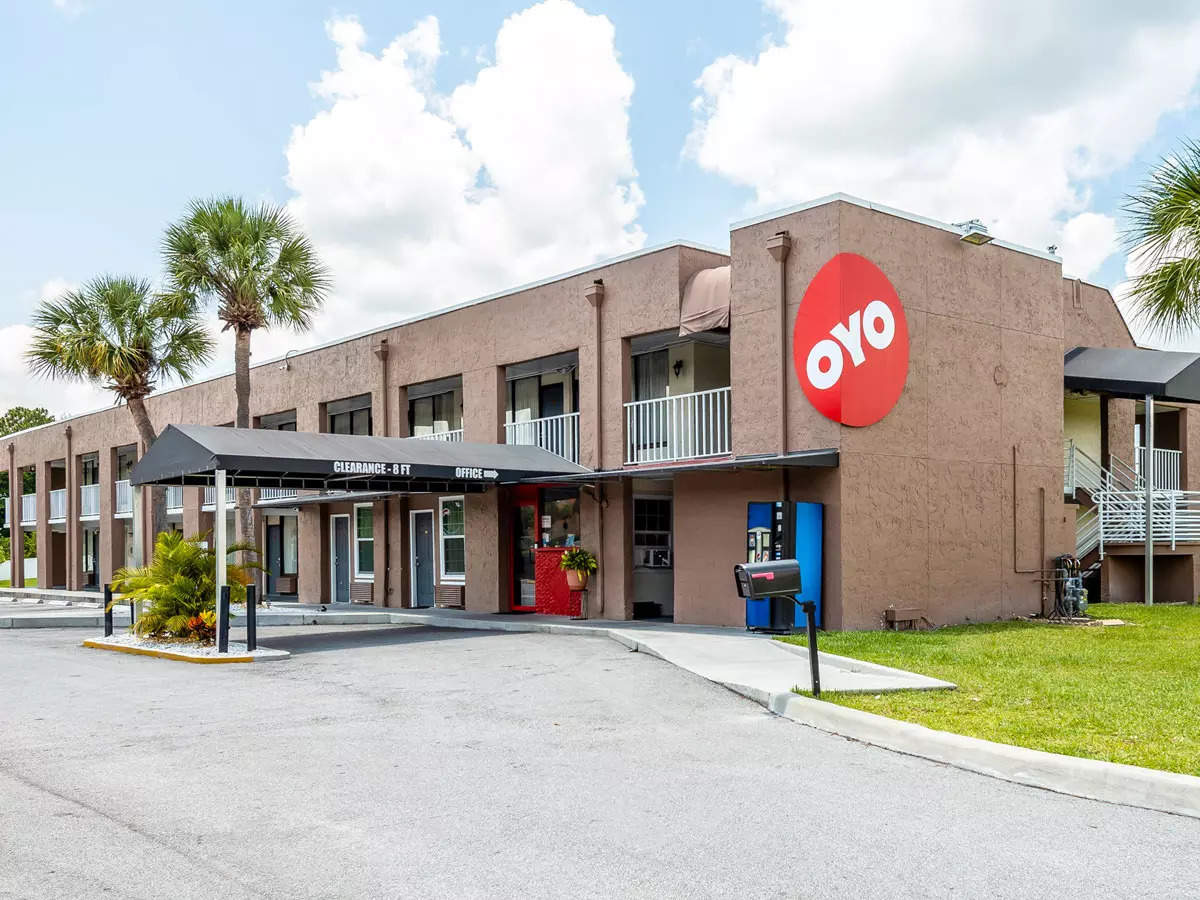
The company’s current cash corpus on the balance sheet is Rs 2700 crore.
Oyo has previously defined adjusted Ebitda as Ebitda being adjusted for transformation expenses made on assets of its hotel partners. Ebitda stands for earnings before interest, taxes, depreciation and amortisation and is a measure of a company’s core profitability.
People familiar with the matter said Agarwal told staffers during the town hall that this can be attributed to 'sustained growth' in India, Indonesia, the US and UK besides ‘relevant optimisations’ and ‘synergies’ in the European vacation homes market.
Oyo declined to comment on the matter.
“The company is taking measures to keep a healthy cash runaway and is continuing to operate in a cost effective way. We have a current cash balance of Rs 2700 crore and we hope we will end up consuming very little of it for existing operations,” Agarwal said during the town hall as per sources.
“Our cash flow has shown improvement and our reliance on external funds has gradually decreased overtime. Teams on the ground have ensured that hotels and home supply acquisition is on track and growing steadily. Together as a team, we are heading in the right direction, and I am confident that we will achieve our goals for the fiscal year 2024,” he added.
Oyo’s revenue for financial year 2023 is expected to be over Rs 5700 crore, up 19% from the Rs 4780 crore achieved in financial year 2022.
In January this year, the company told employees that its adjusted operating profit for the second half of FY23 is expected to rise to Rs 185 crore, potentially marking the company’s first full financial year of profitability under this metric.
The hospitality chain had reported an adjusted Ebitda of Rs 63 crore in the first half of this financial year, as per previous filings to the Securities and Exchange Board of India (Sebi).
As per the company’s last filing, employee expenses, net of share-based payment expenses constituted the largest component on the cost side, at 18% of the revenues, followed by marketing expenses at 14% and general and administrative expenses at 7% of the revenues for H1 FY23. In early December, the company had said it was downsizing staff and letting go of 600 employees from its employee base of 3,700 but was also hiring new employees.
The company had told employees in the January town hall that its overall Gross Booking Value (GBV) is expected to clock a 23% increase in financial year 2023 versus financial year 2022 to over Rs 9990 crore primarily led by the hotels business. Homes is the other storefronts segment for Oyo.
The company had said in the previous town hall that its overall operating cost is likely to reduce further by 13%, and that a tech-driven supply acquisition such as Oyo360 is expected to lead to a 15% rise in the number of hotels in the second half of this fiscal year compared to the first half.
Oyo announced last month that it plans to double the number of premium hotels in India in 2023. Its premium hotel brands include hotels such as Townhouse Oak, Oyo Townhouse, Collection O and Capital O.
Oyo plans to add approximately 1800 premium hotels this year. Oyo’s focus on premium hotels started in the last quarter of 2022 when it added over 400 new premium hotels between October to December.
Oyo tells employees it expects nearly Rs 800 crore adjusted EBITDA in FY24 - The Economic Times
Read More

No comments:
Post a Comment